About Gwagwalada Area Council
Gwagwalada Area Council is one of the six Area Councils that make up the Federal Capital Territory of the Federal Republic of Nigeria.
Upon its creation in 1984, the main objective was to ensure the development of rural areas within its jurisdiction, focusing on both human and capital aspects of development.
With this great task, the organizational structure of this third-tier government had to be in conformity with basic plans that could provide ample leverage to achieve the set targets.
Although the structure has evolved over time, changes have been made in view of the democratic dispensation, which has allowed the people at the grassroots to participate and have a greater voice in selecting their representatives for the betterment of their immediate communities.
The Executive Arm of the Council
This arm comprises the Executive Chairman as the overall head. Under this setup, the office of the Vice Chairman, the Council Secretary, the appointed Supervisory Councilors, Special Advisers, and other sundry aides form part of this arm.
The Legislative Arm
This arm consists of elected councilors from the ten political wards of the Council. Among these councilors, principal officers are chosen to ensure the smooth running of legislative activities. The office of the Speaker, Deputy Speaker, Majority Leader, Minority Leader, and Chief Whip are the main offices available during any legislative term.
The main responsibility of this arm is to ensure that by-laws are created and existing ones are reviewed regularly to conform with current realities. The legislative arm also scrutinizes and debates the yearly budget presented by the executive arm to ensure it aligns with the people’s yearnings before it is passed.
The Administrative Structure
This structure is made up of civil servants, otherwise known as bureaucrats. They perform purely civil service duties as outlined in the extant public service rules. They also help in formulating government policies meant to positively impact the people in various ways.
At the head of this organ is the Director of Administration, whose duty is to oversee the daily administrative activities of all the departments that make up the Council’s administrative organ. The Council has the following departments, each headed by a Director:
- Personnel Management
- Agricultural and Rural Services
- Environmental Services
- Primary Health Care
- Education and Social Development
- Finance and Accounts
- Works and Housing
- Internal Audit
These departments are further divided into divisions, sections, and units to enhance officers’ performance, ensure due diligence, and provide effective and efficient service delivery to the people.
Key Personnel
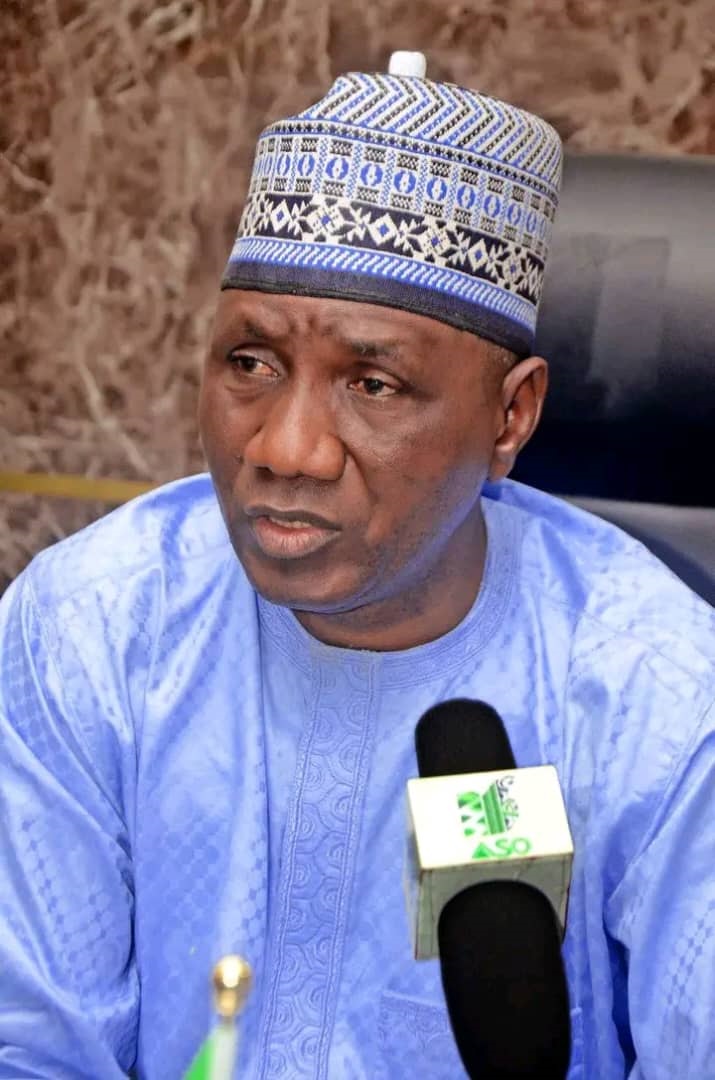
Hon Abubakar Jibrin-Giri
Executive Chairman, Gwagwalada Area Council-FCT
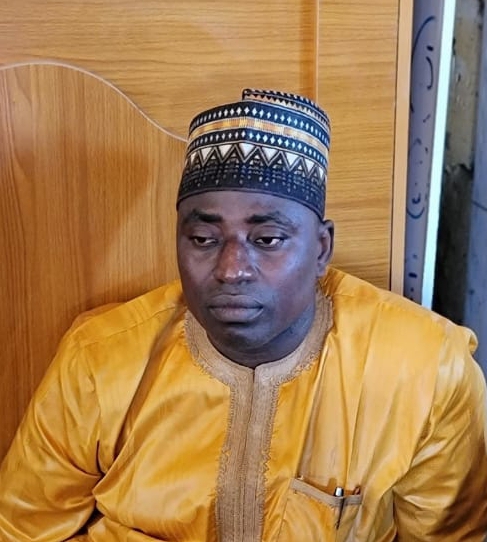
Hon Abdullah Saidu-Zuba
Vice Chairman, Gwagwalada Area Council-FCT
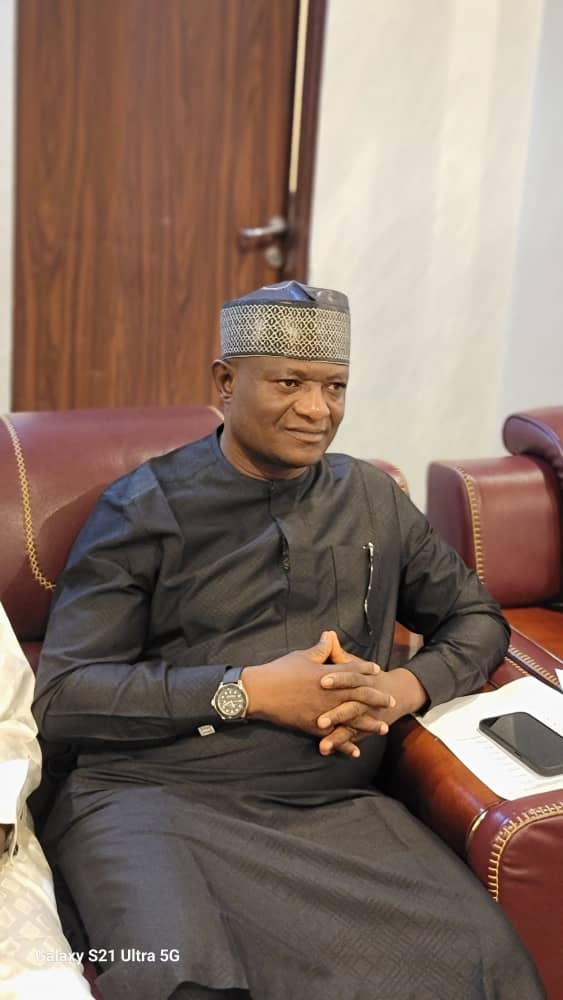
Hon Ibrahim G. Mohammed
Speaker, Gwagwalada Area Council’s Legislative Arm
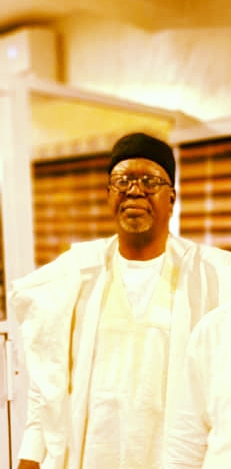
Alh. Muhammad Saba
Council Secretary
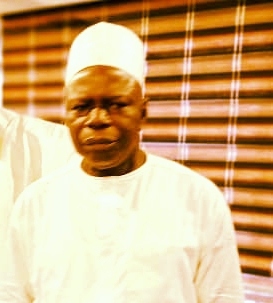
Mr Danlami Awaje
Director of Administration
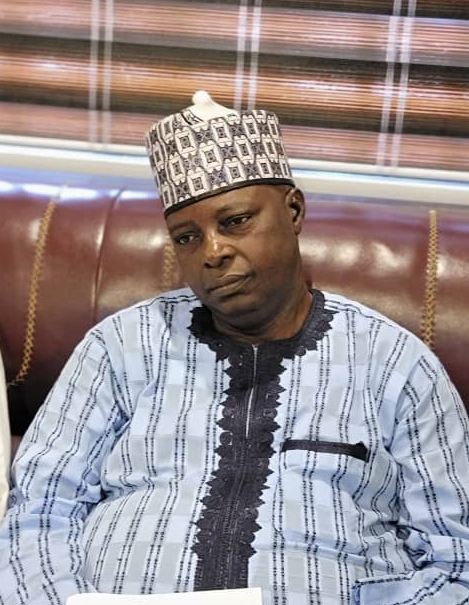
Alh Mamman Sanni-Gulu
Director of Finance/Council Treasurer
Traditional Rulers of Gwagwalada Area Council
Gwagwalada Area Council has two paramount traditional rulers:
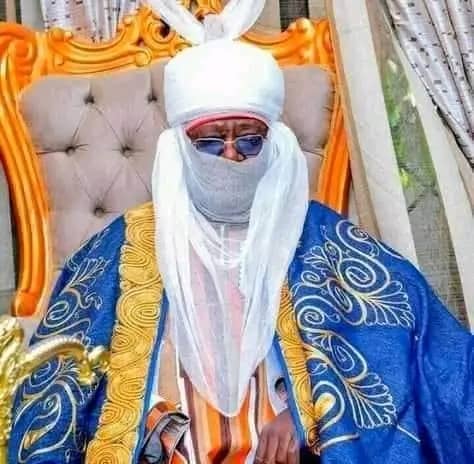
His Royal Highness, Alhaji Muhammad Bello Umar
Agora of Zuba Kingdom
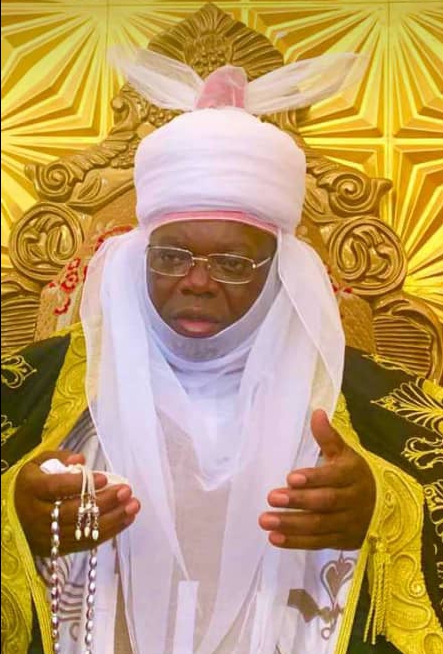
His Royal Highness, Alhaji Muhammadu Magaji
Aguma of Gwagwalada
The Federal Capital Territory’s traditional administration has empowered these two chiefs to oversee and ensure that traditional and communal activities in the villages/communities under their jurisdictions are handled in a way that fosters unity and peaceful co-existence among their people.
Landscape of Gwagwalada Area Council
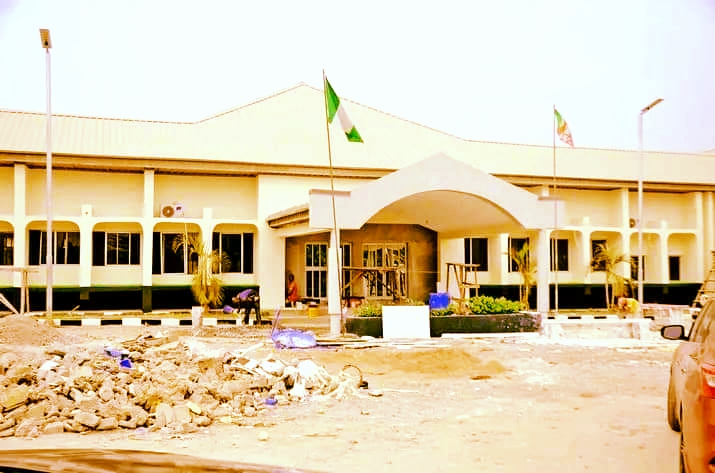
Gwagwalada Area Council Secretariat Office
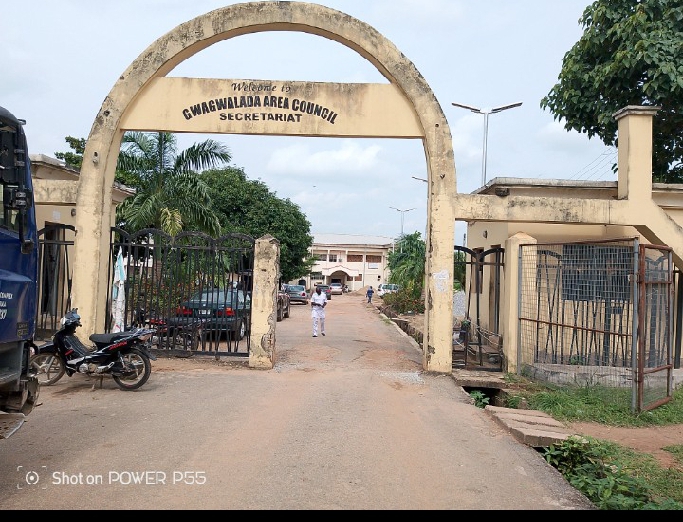
Entrance Gate to the Council’s Secretariat, Gwagwalada
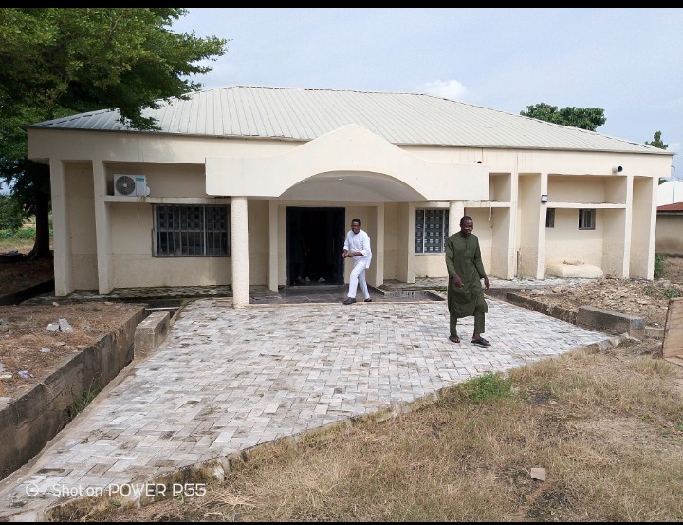
The Council’s Temporary Legislative Building
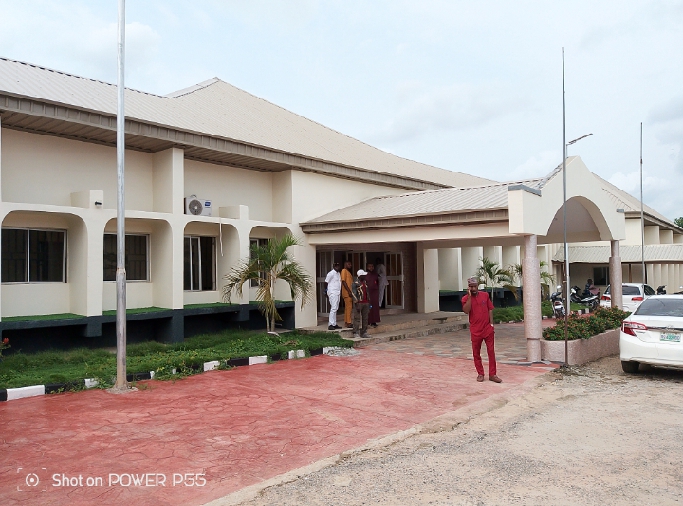
A View of the Council’s Secretariat
Indigenous Tribes
Gwagwalada Area Council is populated by indigenous tribes such as Gbaris, Koro, Gade, Bassa, and Gbagyis. Other tribes, including the Hausa/Fulani, Idoma, Tiv, Egbura, Ganagana, and others, have settled and co-existed among the original inhabitants for decades in peace and harmony.

